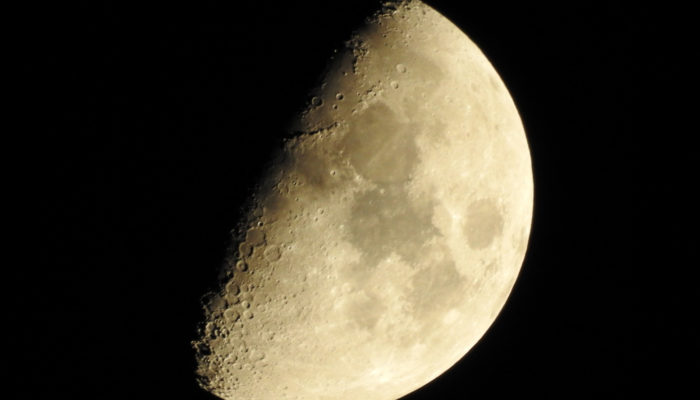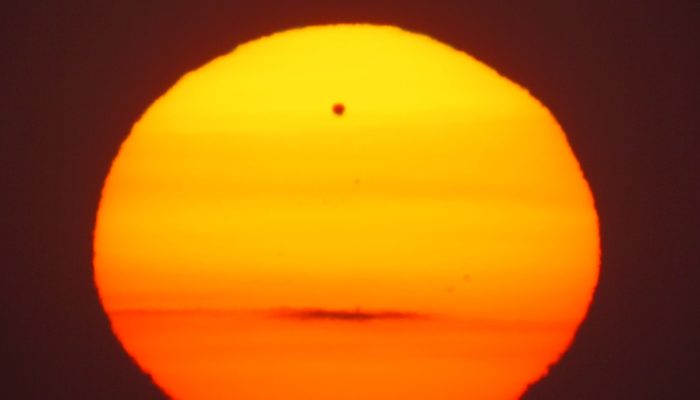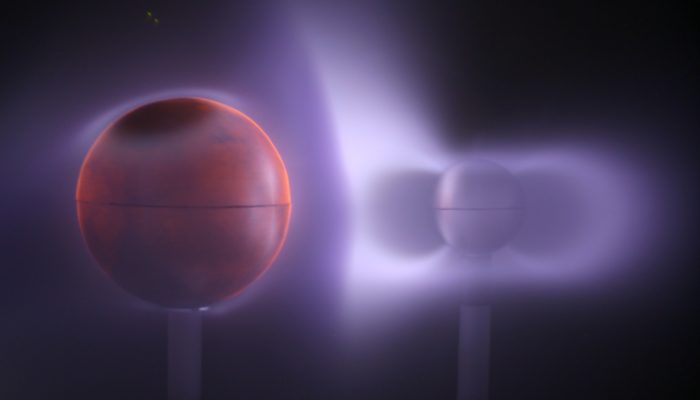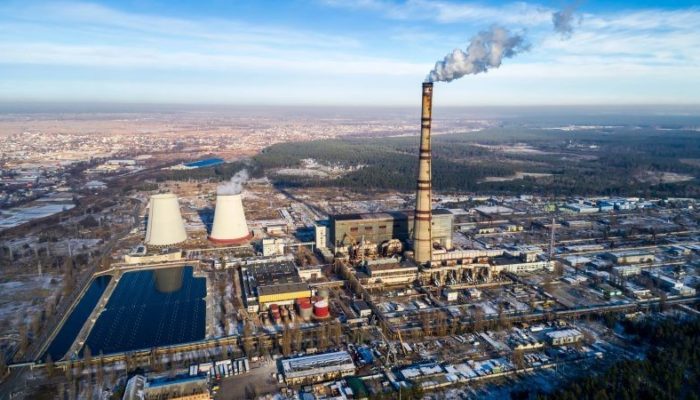The image shows the increasing moon on March 16, 2016, seven days before the full moon. 53.3% of the lunar front are already illuminated. The moon does not glow on its own, but its surface reflects the sunlight. The sun always illuminates a complete half of the moon, which, in its orbit around the earth, always turns its face (which we see at full moon) toward the earth. The reason for the ...[Read More]
Imaggeo On Monday: Increasing Moon – seen from Hamburg




